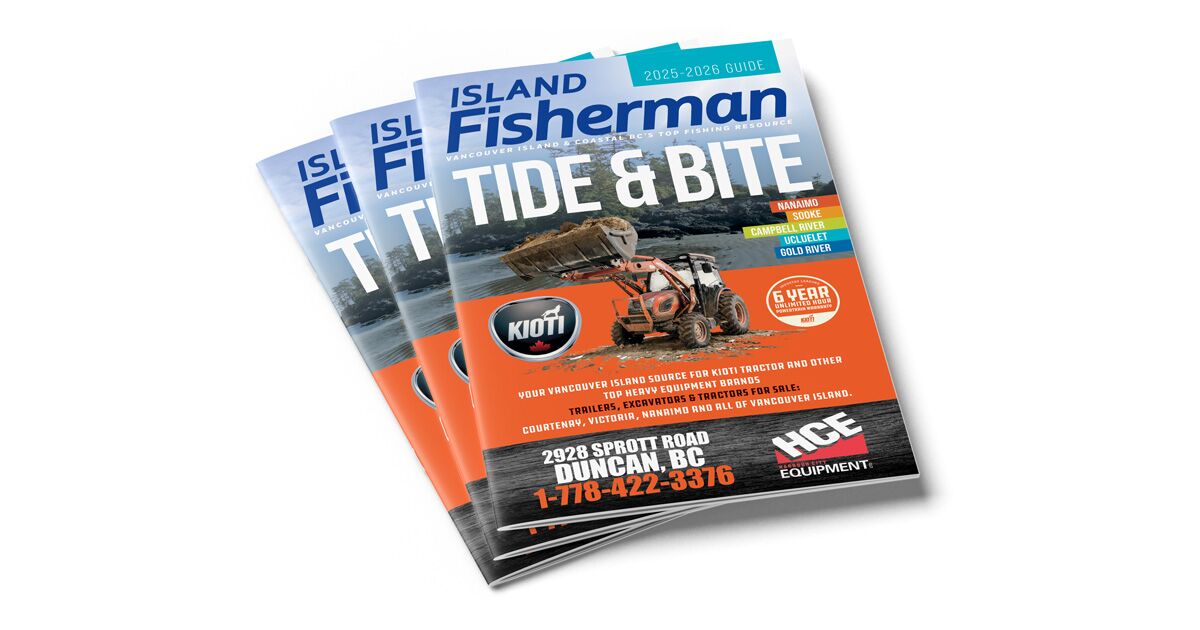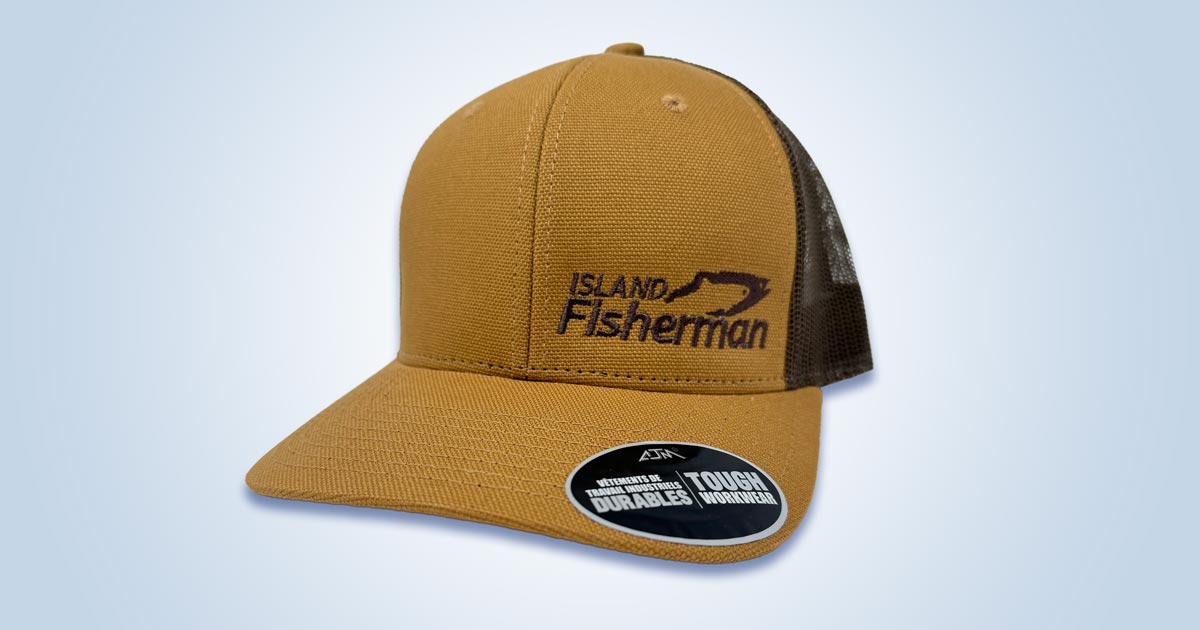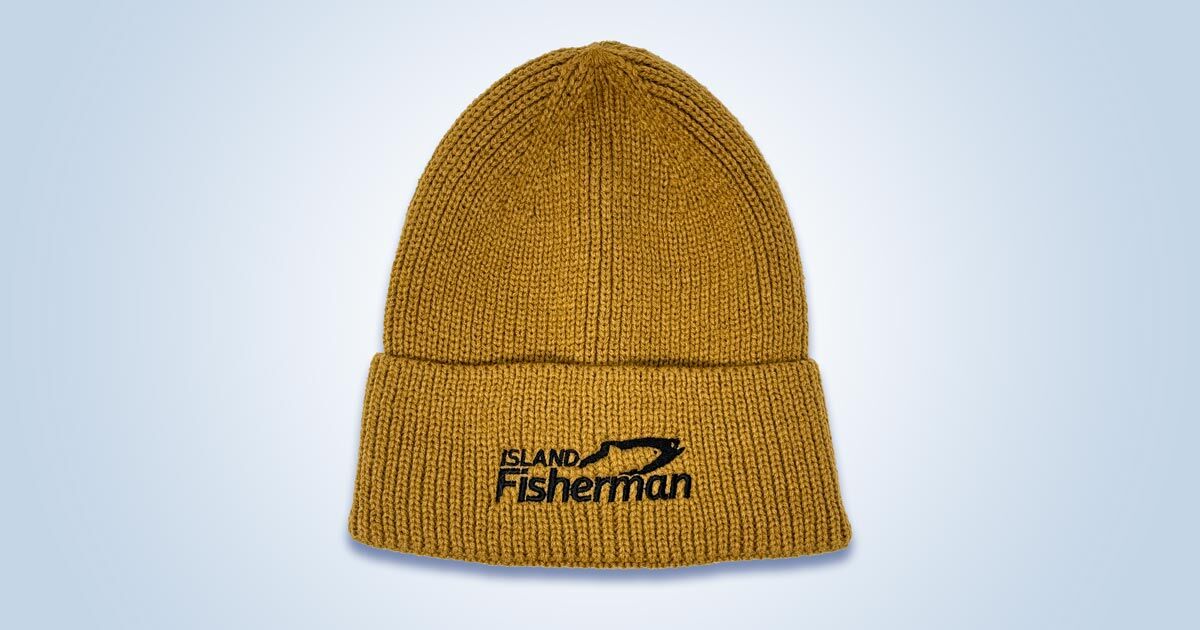The Cowichan is an iconic multi-species Vancouver Island salmon river. It provided food for coastal First Nations for thousands of years, and supports recreational and commercial salmon fisheries.
The recreational connection is, to say at the very least, significant. In the late 1940’s, anglers and celebrities began traveling to it for the August Chinook and September-October coho experiences. In these early days, Cowichan Bay’s sportfishing reputation exceeded that of Campbell River.
After 1995 Chinook returns began to decline. In 2009 they were so depressed only 700 Chinook salmon returned, compared to runs of 15-20,000 previously. This crisis prompted extensive recreational fishing closures throughout Georgia Strait, and severe cuts to First Nation Food, Societal, and Ceremonial (FSC) Chinook fisheries.
Muddy waters of Cowichan bay after a 2020 winter storm, photo provided by Bob Crandall
Map courtesy of Cowichan Watershed Board https://cowichanwatershedboard.ca/content/cowichan-river/
Since 2009, Chinook stocks have made a remarkable recovery. This is principally due to community action through development of the Cowichan Roundtable processes. These tables covered Water Management, Stewardship and Harvest. In 2020 Chinook returns exceeded 24,000 capping a four year 20,000 escapement average.
Data from DFO: South Coast Salmon Strait of Georgia Stock Assessment 17 September 2021, Escapement Bulletin #2– all salmon species
October 1, 2021 Escapement Update – Area 18 Cowichan River
South Coast Salmon Bulletin October 1, 2021 Chinook Escapement Area 18 Cowichan River. Click the above image to download the entire DFO PDF (South Coast Salmon Bulletin October 1, 2021 Escapement Update Chinook, Coho and Chum – Area 18 Cowichan River).
The positive trend prompted the Harvest Roundtable to unanimously request an increase in FSC Chinook for the Cowichan Tribes. The Harvest Roundtable consists of members of the Cowichan Tribes, the Sport Fishing Advisory Board (SFAB), and areas E, H, and B commercial fisheries.
A/Regional Director, Fisheries Management Branch Neil Davis
The formal request was sent to Department Fisheries and Oceans A/Regional Director, Fisheries Management Branch Neil Davis on May 4, 2021.
Key excerpts from the request:
“We write to you today to express our concern with regards to the apparent lack of priority that has been assigned within DFO for providing reasonable FSC allocations of Chinook and Coho to the Cowichan Tribes. The current allocation does not reflect the status of Cowichan Chinook and Coho, and does not provide reasonable access to Chinook and Coho from a cultural and food security perspective.”
“The entire community within the Cowichan Valley responded to the crisis” and “was successful in rebuilding to the point where escapement targets have been significantly surpassed in each of the past four years”.
The letter goes on to explain the long standing allocation priority which is conservation, then First Nations FSC requirements and then other fisheries, finally concluding:
“The time has come for those community members to enjoy the benefits of their hard work and sacrifice by having sustainable fisheries in the terminal area and river for Cowichan Chinook.”
This position is clarified later with the words “the entire fishing community”.
Clearly the Cowichan Roundtable processes works, but it’s not perfect yet. It took four months for DFO to respond to the Harvest Roundtable’s letter. It seems clear, given modern communication abilities, that four months is far too long. It’s also been symptomatic of a trend within DFO. It reached new heights when the previous Minister Bernadette Jordan, took the better part of eight months to reply to an important letter from the Minister’s own Sport Fishing Advisory Board. The trait raises this question: Why would it take so long? Hopefully answers will be forthcoming concerning the well thought out Cowichan Harvest Roundtable letter.
On the positive side Mr. Davis’s response did recognize the good work of the Harvest table in coming to the position it did by lauding it as, “a demonstrated commitment to the spirit of the Roundtable process”.
Unfortunately the end product of their work has, to date, provided no increased First Nations Food, Societal and Ceremonial Chinook and Coho allocations, and consequently no access to healthy Cowichan Chinook for non-native fisheries. As an update the adult Chinook escapement has already exceeded the target adult escapement goal with many more days of returns expected (See Chinook Escapement Update Bulletin).
Retired DFO Sr. Biologist, Brian Tutty
Retired DFO Senior Biologist, Brian Tutty, provides the following advice in a letter just sent to Mr. Davis. Tutty was involved in the Roundtable setup process and the Stoltz Bluff Remediation Project, which stopped an estimated 10,000 truck-loads of clay from entering the Cowichan river annually.
Stoltz Bluff, photo provided by Brian Tutty
Mr. Tutty offered these points:
- Benefits of Roundtables can be championed only if the culture of DFO changes
- The Cowichan should be paying dividends to participants, not punishments
- Sadly. DFO was a positive culture in the 1970-80’s but has lost its way
As an example, Tutty reveals that DFO Habitat Management was initially against the Stoltz Bluff remediation.
Bob Crandall, President of the Cowichan Lake Salmonid Enhancement Society (CLSES)
Bob Crandall, a qualified Environmental Professional, is the president of the Cowichan Lake Salmonid Enhancement Society (CLSES). CLSES operates a small hatchery, conducts fry salvage and other activities in the Cowichan watershed. When asked about reopening fisheries he replied, “With the fall Chinook returns being so strong he sees no reason why there cannot be sport fisheries at a minimum level of retention”.
Grant McPherson, President of the Sidney Anglers Association
Grant McPherson is the president of the Sidney Anglers Association which is a local angling association with representation on the Cowichan Stewardship Roundtable. About 15 years ago membership wisely recognized the role the river plays in enhancing their fishing opportunities, even though these anglers do not reside in the watershed.
The author (Tom Davis) and fishing partners after a morning trip to the Bay 40 years ago.
Anglers fishing the Cowichan River, photo provided by Grant MacPherson
According to Grant the anglers are active participants in the Roundtable process and contributors to in-stream work. They have donated over $80,000 and repeatedly offered to run a Chinook net pen rearing project to aid recovery.
Rewards for the effort to date:
- There has been no approval for the net pen project
- There has been no relief from 5 to 7 months of annual Chinook closure and non-retention restrictions
It’s a bitter pill because decades of data collection shows virtually no evidence of Upper Fraser stocks of concern in the portions of statistical areas 18 & 19 proposed for modest Chinook retention, and Cowichan Chinook returns have been strong for a full cycle. When MacPherson was asked about this he blamed “politics”.
The Vancouver Island Fish Club proudly donates 10% of their sales to the Howard English Hatchery, shown here represented by veteran volunteer Peter McCully.
Peter McCully, technical advisor to the nearby Howard English Hatchery on Goldstream River, has been asking for Cowichan eggs to boost meager Chinook returns. Goldstream Chinook are Cowichan fish from periodic straying or stockings decades ago. Only 3 Chinook returned in 2020. Oddly, DFO reports these numbers as if they meant something while denying his requests for eggs, even though the Province and Lana Popham, Minister of Agriculture and Fisheries, supported the request.
Goldstream River, photo provided by Tom Davis
These are examples of how the communication between DFO and constituents in the larger Cowichan region appear to lack timely consideration, while producing decisions that seem unsatisfactory to those same clients. This contributes to frustration within all fishing communities who have contributed to this escapement recovery, but are still prevented from accessing even modest levels of Chinook harvest.
Roundtable processes could be an excellent vehicle to facilitate and expedite both salmon recovery and salmon harvest goals, as long as the participants are committed to achieving common agreed interests, and DFO commits to timely decision making.
There will be more to follow as this story unfolds…
Visit the Store
$34.99
$34.99
Featured Catch
Joel Unickow halibut (Photo: Rob Frawley Lucky Strike Sportfishing Tofino)



